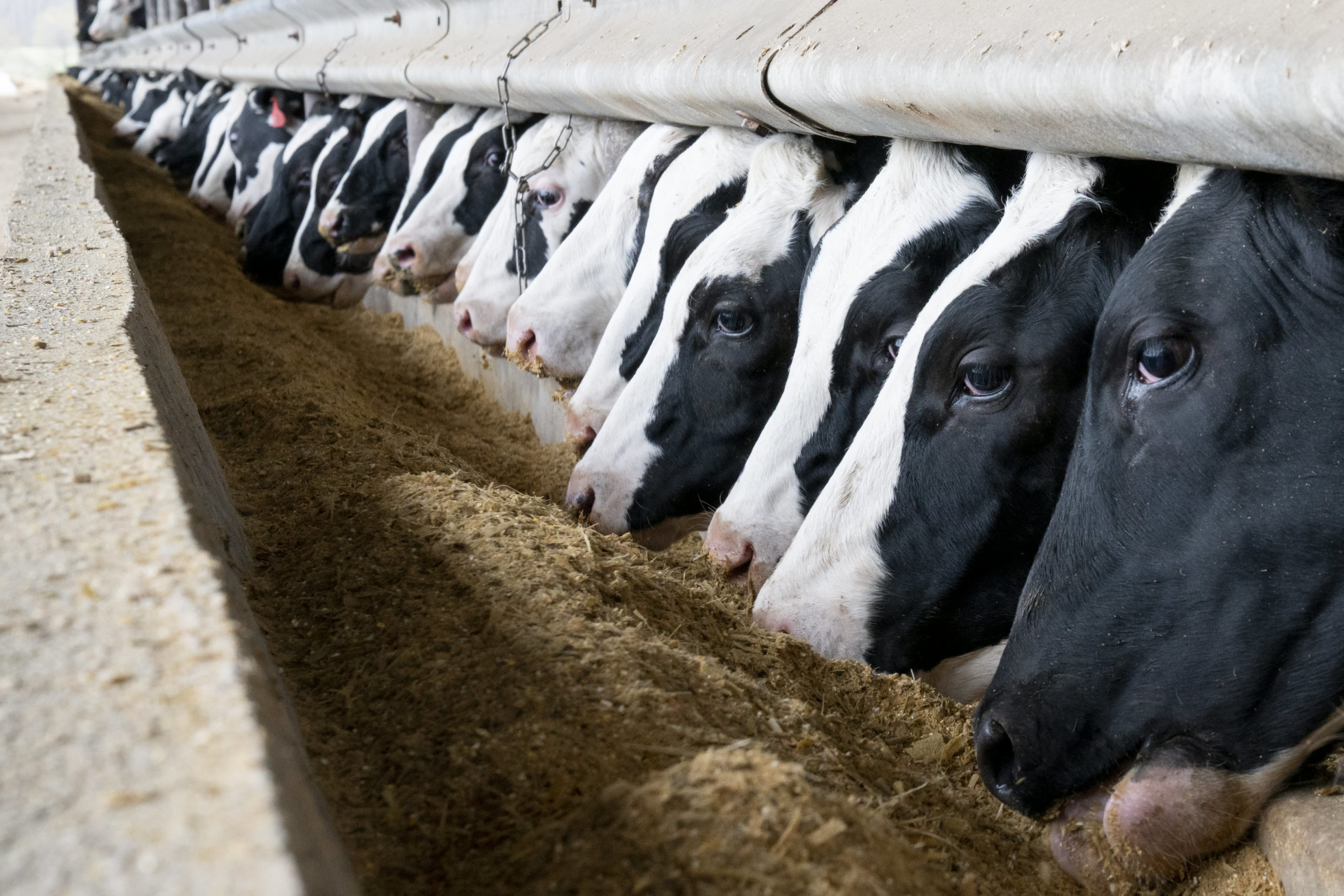



Article by: Hari Yellina
Australia will invest an additional $14 million to strengthen its defence against a disease that may decimate the nation’s agriculture and tourism industries. The most recent federal investment includes $9 million to be used at Australia’s borders, giving 18 new biosecurity officers at airports and mail centres, and $5 million for a technical support package for Indonesia, Timor-Leste, and Papua New Guinea to manage cattle disease. There will also be a coordinator for disease control in northern Australia. The highly contagious foot-and-mouth disease (FMD), which affects cattle, goats, sheep, and pigs, is not present in Australia, Timor-Leste, or Papua New Guinea, but an epidemic that recently extended to Bali has Australian officials on high alert.
An extensive FMD outbreak in Australia is predicted to cost $80 billion over the course of ten years. The ability of Australia’s airports to identify or stop FMD from entering the country has raised some concerns among some sectors of the agricultural community. According to Indonesia, Timor-Leste, and Papua New Guinea’s agriculture minister Murray Watt, the increased assistance will also help those countries combat an outbreak of lumpy skin disease (LSD), which affects cattle. He dismissed Bali travel restrictions once more and claimed that imported and publicly traded animal goods posed the “greatest risk.”
“For example, if someone were to bring in a piece of salami or some other processed meat that just so happened to have traces of foot and mouth disease in it, if they were to have some of the salami and then throw the rest of it in their food scraps for their animals, that could potentially take it into the animal feeding cycle,” Mr. Watt said. A very high risk exists there. Upon his return from discussions in Jakarta, where he pledged $1.5 million to aid the Indonesian government in halting the spread of FMD, Mr. Watt revealed the most recent biosecurity grant. At least one million FMD vaccines were anticipated to be provided by the financing that is a part of today’s announcement, and Meat and Livestock Australia was expecting to receive $500,000 to assist Indonesian feedlots.
Mr. Watt urged travellers to take personal responsibility for preventing the animal disease from entering the nation while speaking from Sydney’s international airport. Mr. Watt stated, “We need the travelling public to take this seriously. More screening of arriving travellers and their belongings from Indonesia has already been announced by the government. To better the management of biosecurity and increase community knowledge, a new disease coordinator for northern Australia will be created. The federal government had been encouraged to establish a designated “coordination network” for the north by the Northern Territory Cattlemen’s Association and the NT Department of Industry, Tourism, and Trade. In particular, those who live and work in remote locations urgently need to be made more aware of how to prevent FMD, according to department spokesman Luke Bowen, who spoke to reporters.
Many stakeholders aren’t informed since they work in the wilderness, such as fishing operators, aviation professionals, pastoralists, landowners, and ranger groups, according to Mr. Bowen. We’re talking about large distances and dispersed, relatively small people, so we’ve really wanted to get arms and legs on the ground. “We’re hoping that this will be about informing people and communicating with them, about educating everyone on how to enhance agricultural biosecurity and teach people how to prepare for and respond to emergencies.”
According to Australia’s senior veterinarian, there is an 11% probability that FMD may be found there over the next five years.